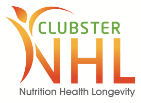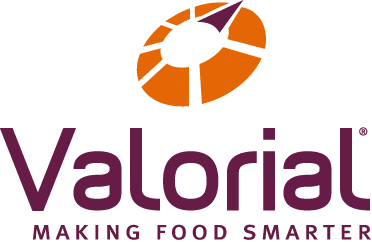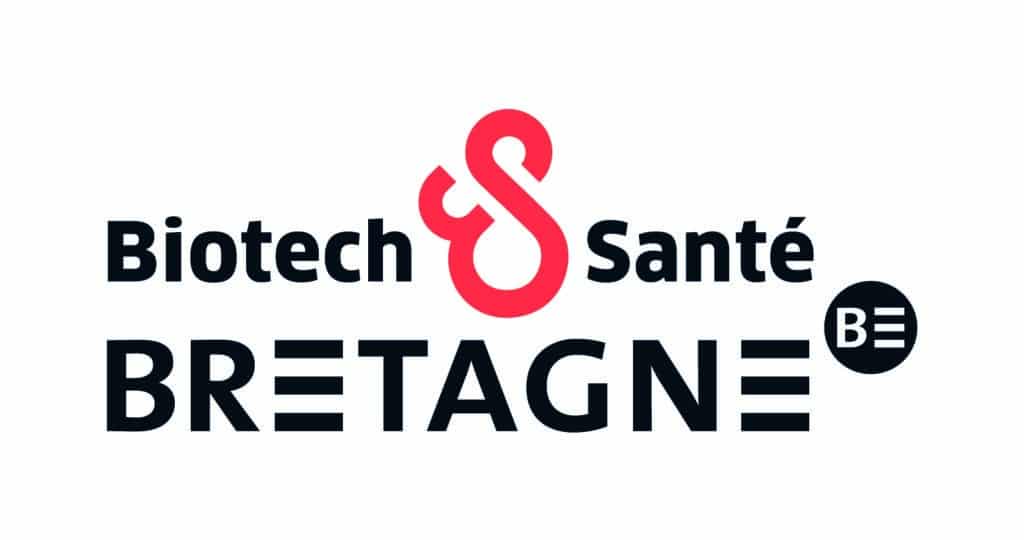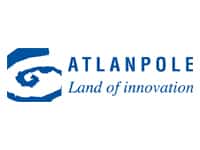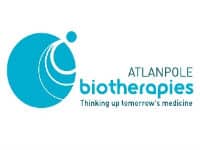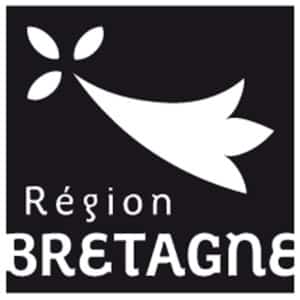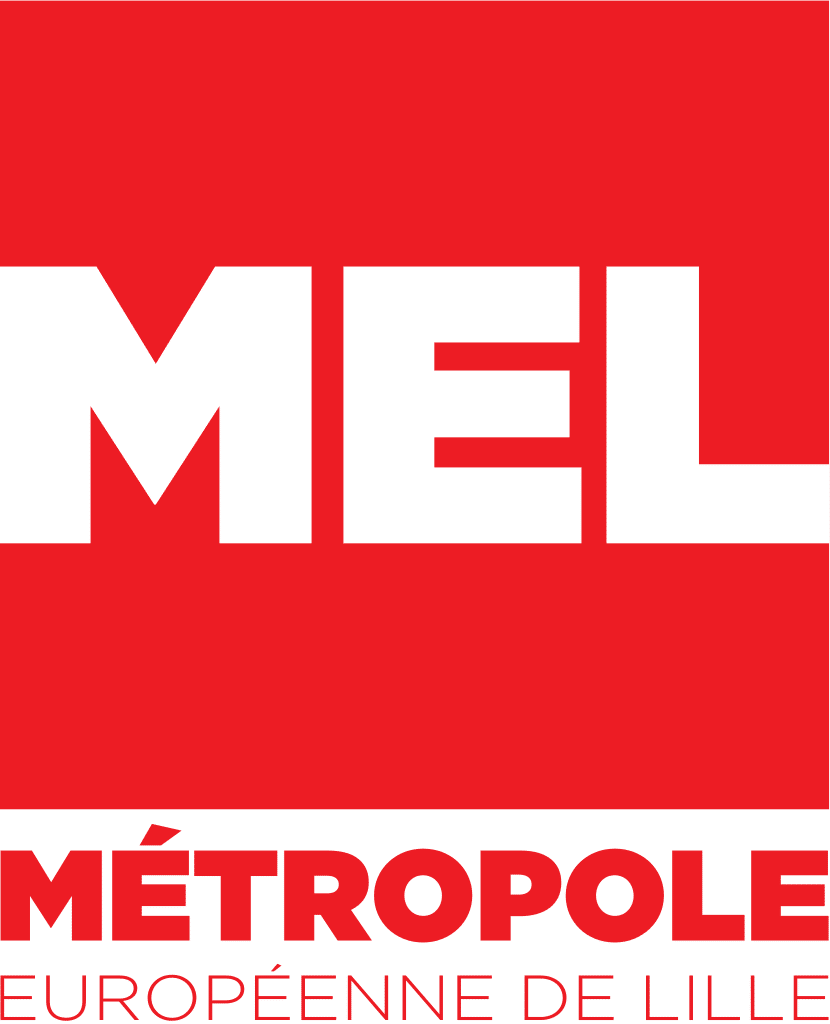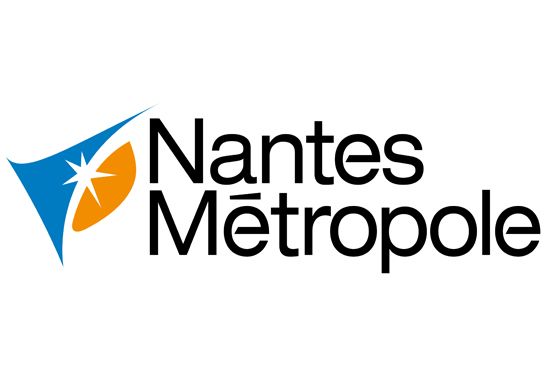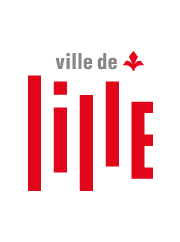While about 20% of total food production is lost or wasted, much of what is considered food waste could be turned into a valuable resource. Combating food waste is a major challenge today. Building a circular food system could contribute to a more sustainable world, reducing environmental damage while improving access to food for food insecure populations.
What are the challenges of moving from a linear to a circular food system today? What are the existing food waste recovery processes today and how can they be generalised? What are the innovation and market opportunities for these value-added materials previously considered as waste? How can the circular economy approach be supported at the consumption level?
Moderator: Paula Alvarez, Technical Account Manager Spain & Portugal, AIT ingredients ![]()



